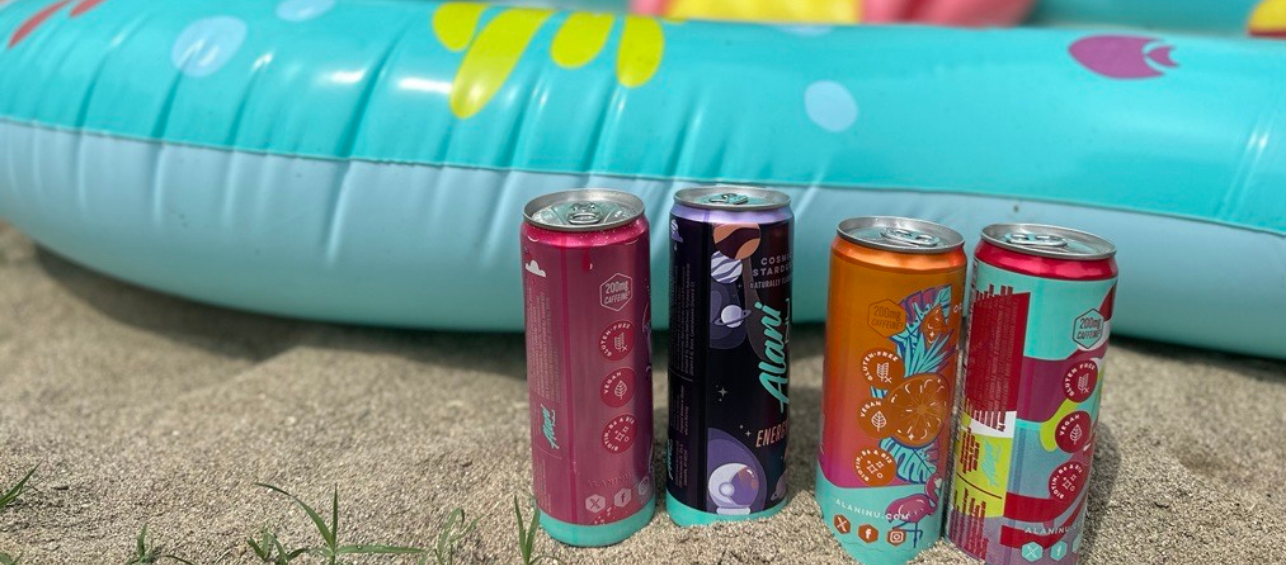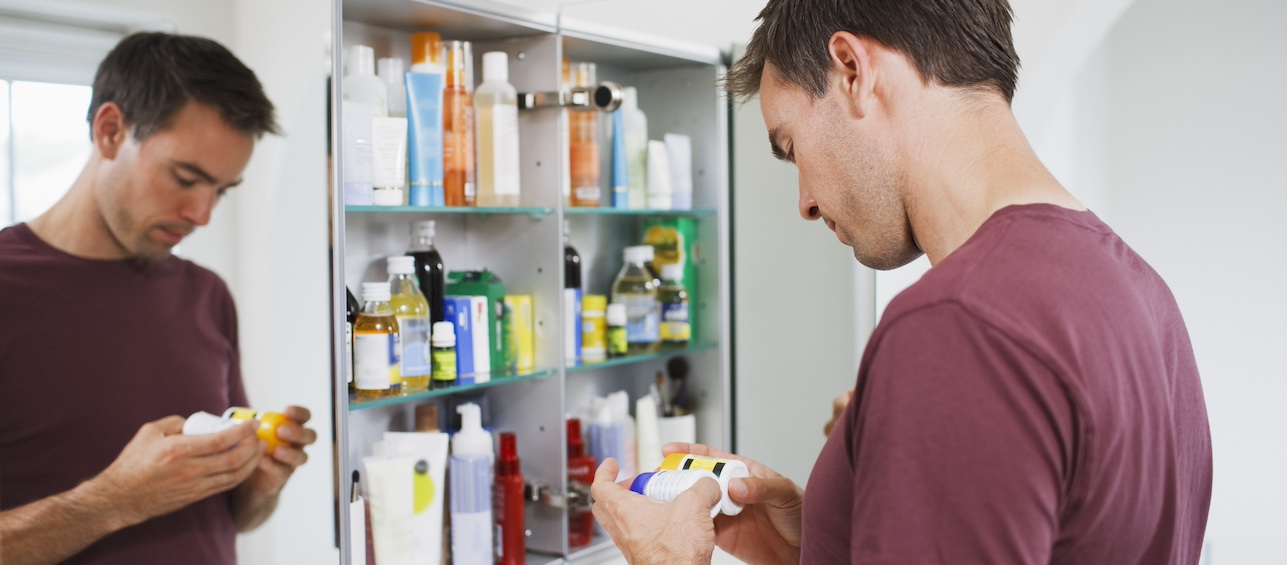Working at the Drug and Poison Information Center (DPIC), I answer questions from callers about accidental exposures to harmful substances. Particularly around the holidays, we’ll receive an uptick in calls about accidental alcohol ingestion in kids.
Alcohol is potentially toxic to children, and it only takes a small amount for it to be dangerous to them. It can affect a child’s blood sugar and central nervous system and slow down breathing. And due to their smaller size, children are more likely to get toxicity from ingesting it than adults.
If your child swallows any form of it, calling your Drug and Poison Information Center is a great step. We can help you determine what his blood alcohol content might be and recommend what to do next.
While no parent intends for their young child to drink alcohol, the following tips may help prevent it from accidentally happening.
Tips to Help Prevent Accidental Alcohol Ingestion in Kids
- Don’t leave drinks unattended. Be cognizant of where you or guests have left unfinished drinks, and clean them up frequently. If you’ve hosted a party at your house, be sure to clean up the unfinished drinks before you go to bed.
- Put it away. Store alcohol in a place that is out of the reach of your children, or better yet, lock it up.
- Keep products containing alcohol safe and out of reach. Think about what items in your home may contain alcohol and keep them in a safe place. Some of these items include perfumes, scented oils, and hand sanitizer.
- Talk to your child. If your kids are old enough to understand, talk to them about the potential dangers of alcohol.
Signs of Accidental Alcohol Ingestion in Children
There are many symptoms that can occur with accidental alcohol ingestion. If your child is showing one of the symptoms below, call 911 immediately:
- Difficulty breathing
- Choking or vomiting
- Confusion or seizures
- Dizziness, slurred speech, or inability to walk normally or think clearly
If you suspect your child has accidentally ingested alcohol please call the Drug and Poison Information Center at 1-800-222-1222. We will be able to perform a calculation based on your child’s weight and other factors to estimate his or her blood alcohol content.






Alcohol consumption can be really scary. There was an incident with hand sanitizer in a school I worked in so all hand sanitizer machines were removed. We all now have to use soap and water. It is actually very scary to see a child in that state.
https://littleladyplays.blogspot.com